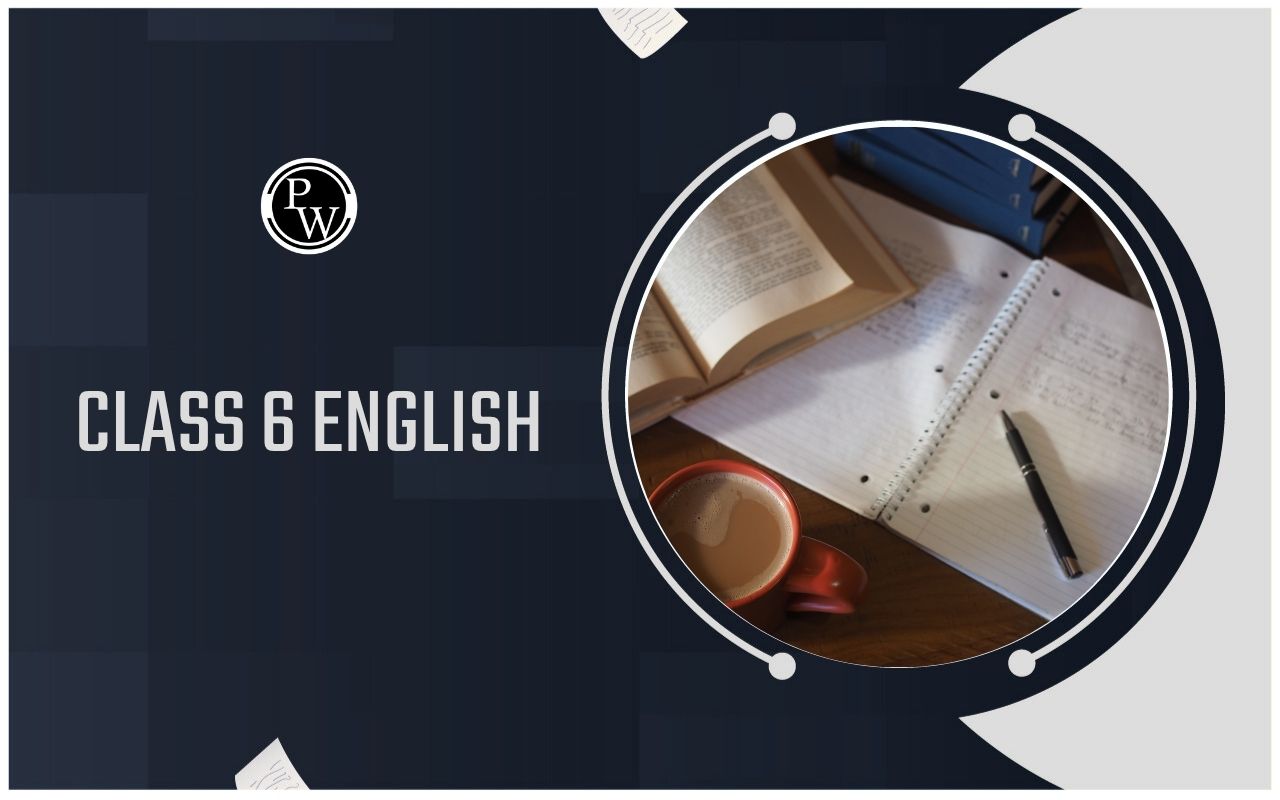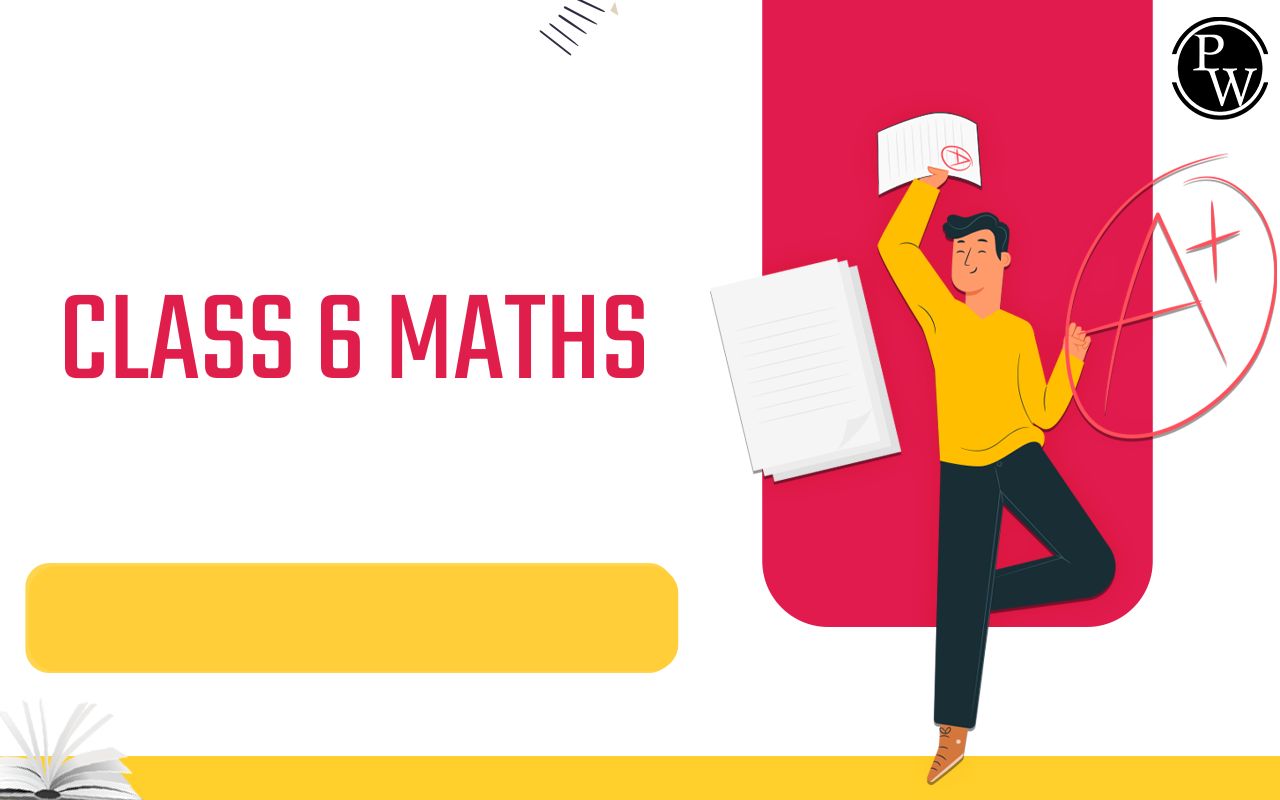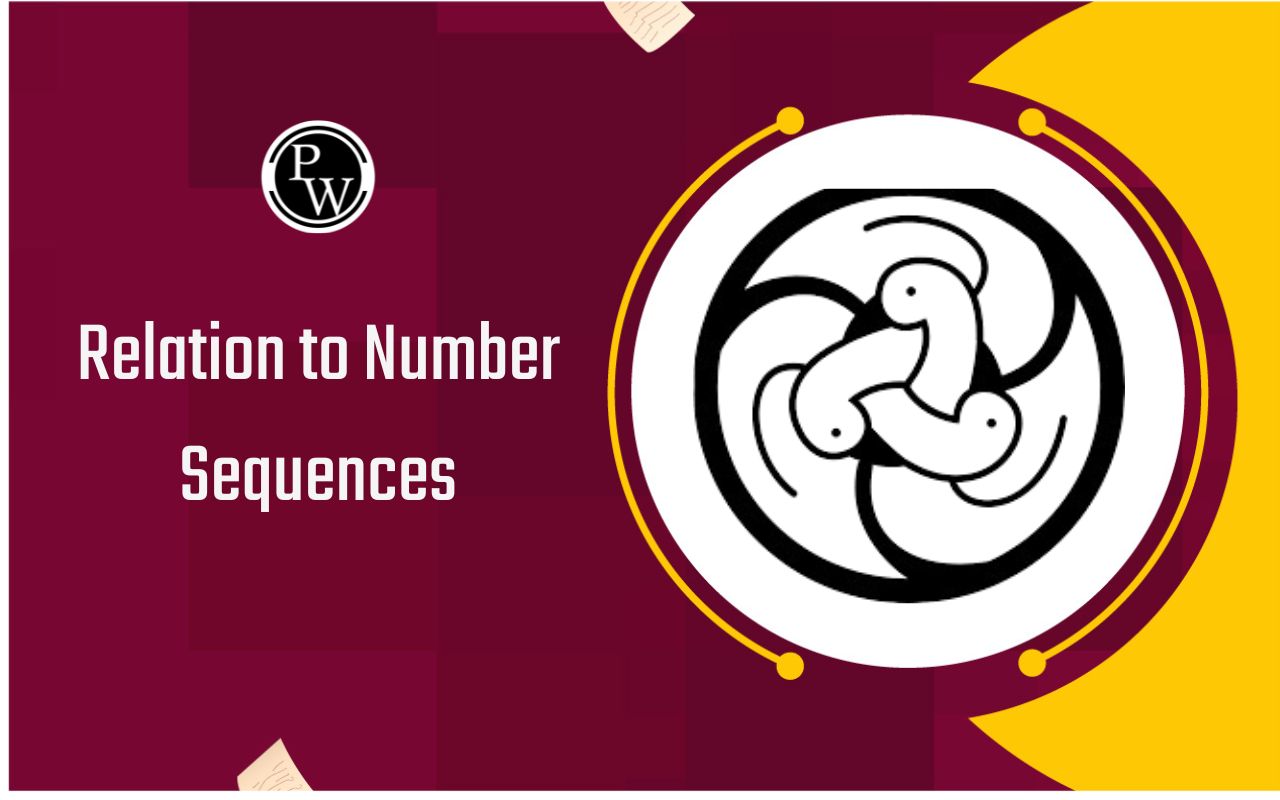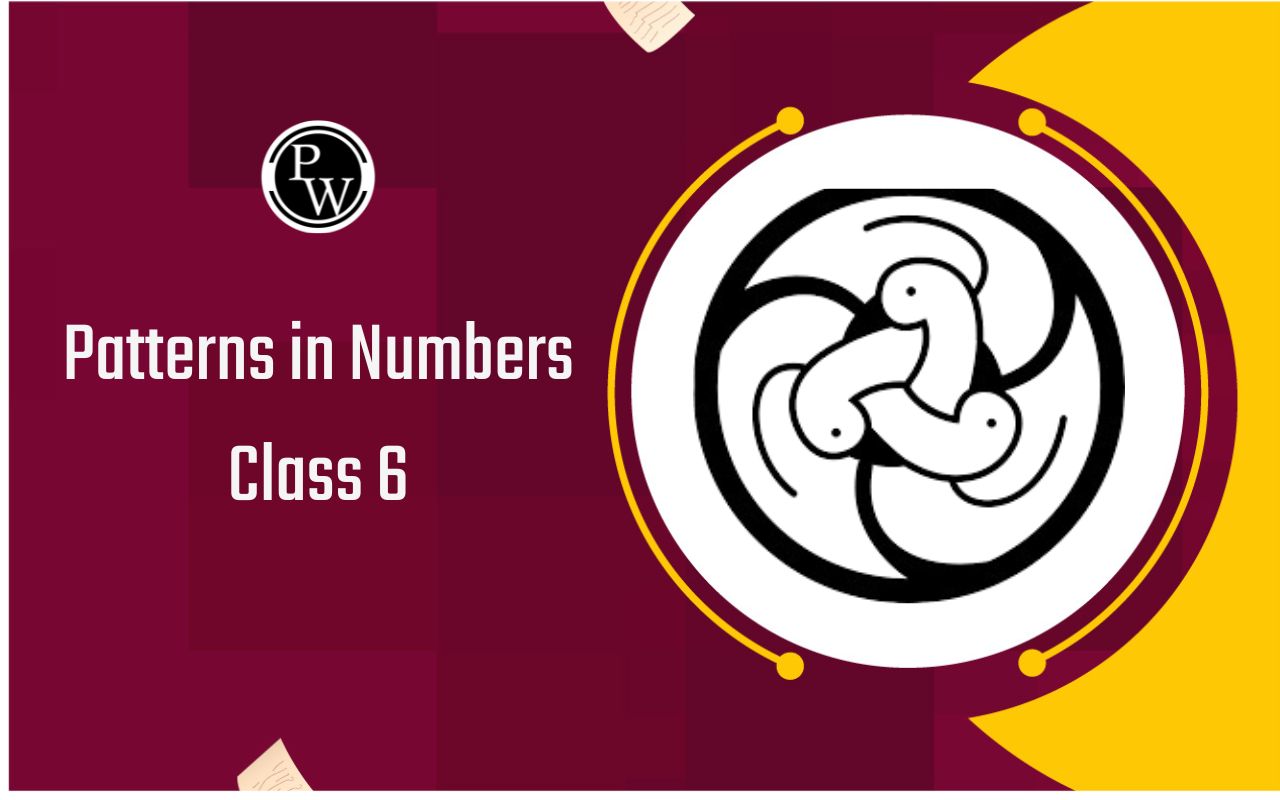
What is the Best Study Routine for Class 6: Class 6 is an important transition year for students as they move from primary to secondary school. The subjects become more challenging, and the volume of learning increases.
To manage this shift and succeed academically, it is important for students to establish a solid study routine. A good study routine not only helps in better understanding of subjects but also ensures overall development and better time management. In this article, we will discuss the best study routine for Class 6 students. This guide is created to help students balance their academic and extracurricular activities while also prioritizing their health and well-being.CBSE Board Exam 2025: 3-month strategy to score 90
Daily Study Routine for Class 6
1. Set a Fixed Time for Study One of the most important aspects of a study routine is consistency. Setting a fixed time each day for studying helps develop discipline. This routine can help students avoid procrastination and ensure that they make steady progress in their learning.Recommended Study Time:
- Morning Study (1-2 hours) : The brain is more active and fresh in the morning. It's an ideal time to focus on complex or difficult subjects like mathematics and science.
- Evening Study (1-2 hours) : After school, students should take a break and relax before revisiting subjects. Evening study sessions are perfect for reviewing what was learned during the day and completing homework assignments.
Tips:
- Stick to a routine, even on weekends. A consistent daily schedule helps build habits.
- Take breaks every 30-40 minutes to maintain concentration and avoid fatigue.
Suggested Blocks:
- Morning Block : Focus on the most challenging subjects when the mind is fresh.
- Afternoon Break : After school, take a 1-2 hour break for lunch and relaxation.
- Post-Lunch Block : Review notes from the day's lessons or work on assignments.
- Evening Block : Revise previously learned material and focus on any pending homework.
Example:
- Morning : 7:00 AM to 8:00 AM – Mathematics.
- After School : 4:00 PM to 5:00 PM – Science or Social Studies.
- Evening : 6:00 PM to 7:00 PM – English or Language Arts.
3. Prioritize Difficult Subjects
Class 6 introduces more difficult subjects like mathematics, science, and social studies. It's essential to prioritize these subjects when creating a study routine.Steps to Follow:
- Mathematics : Since math involves problem-solving and logical thinking, it's best studied in the morning when you're well-rested. Begin with simple topics and gradually tackle more difficult concepts.
- Science : This subject involves both theory and practical knowledge. It’s helpful to break down complex topics into smaller parts and study them one by one.
- Social Studies : Social studies often includes history, geography, and civics. Make use of charts, maps, and other visuals to understand the concepts better.
Tips:
- Start with the toughest subjects first, and tackle easier subjects later when you’re mentally exhausted.
- Use a variety of study materials such as reference books, videos, and online resources to reinforce learning.
4. Incorporate Regular Breaks
Studying for long hours without a break can reduce concentration and hinder performance. Breaks are essential to rejuvenate the mind and maintain focus.Break Schedule:
- Take a short break every 30 to 40 minutes to refresh your mind.
- For every 2 hours of study, take a 15-minute break to relax, stretch, or walk around.
- After completing a long study block (like 2-3 hours), take a longer break (30-45 minutes) .
Tips:
- Avoid screen time during breaks (phones, TV, or video games). Instead, try a quick walk, stretching, or a snack to reset your mind.
- Hydrate regularly, and include light, healthy snacks to keep energy levels up.
5. Make a Weekly Study Plan
A weekly study plan allows students to organize their schedule and focus on each subject adequately. It also helps to reduce the chances of last-minute cramming and improve long-term retention.Steps to Create a Weekly Plan:
- Assess the Subjects : List all subjects and their chapters.
- Allocate Time : Based on the difficulty of the subjects, allocate time for each subject. For example, mathematics and science might need more time, while subjects like English or languages may need less time.
- Balance : Don't overload one day with too many subjects. Spread them across the week.
- Review : Set aside specific time for reviewing lessons learned during the week.
Example Plan:
| Day | Morning (1-2 hours) | Afternoon (1 hour) | Evening (1 hour) |
|---|---|---|---|
| Monday | Math (Algebra) | Science (Physics) | Social Studies (Geography) |
| Tuesday | English (Grammar) | Math (Geometry) | Hindi |
| Wednesday | Science (Chemistry) | Social Studies (History) | English (Writing) |
| Thursday | Math (Word Problems) | Science (Biology) | Social Studies (Civics) |
| Friday | Revision (All Subjects) | Hindi | Free Study/Assignment |
6. Include Revision in Your Routine
Revision is crucial for retaining what has been studied. It helps reinforce concepts and ensures students don't forget important topics before exams.Revision Tips:
- Daily Revision : At the end of the day, spend 15-20 minutes revising what you learned. This can be done before bed to refresh your memory.
- Weekly Revision : Dedicate at least one session each week to review topics from the previous week.
- Pre-Exam Revision : During exam time, devote more time to revising key concepts from all subjects.
7. Ensure Balanced Activities
While academics are essential, it's also important to focus on personal development, hobbies, and physical activity.Balance in the Routine:
- Physical Exercise : Include physical activity such as sports, yoga, or walking to improve focus and reduce stress.
- Extracurricular Activities : Pursue a hobby like painting, music, or reading to balance mental strain.
- Social Time : Spending time with family and friends helps relax the mind and improves overall well-being.
Conclusion
A well-organized study routine for Class 6 can greatly enhance academic performance and overall development. It's essential to start by setting a fixed time for study, prioritizing difficult subjects, and breaking down study sessions into manageable blocks. Regular revision, balanced activities, and incorporating technology can also make the study routine more efficient and enjoyable. The key to success in Class 6 is consistency, discipline, and maintaining a healthy balance between studies and relaxation. Following a structured routine will not only help students perform well in their studies but also prepare them for higher grades and future academic challenges.What is the Best Study Routine for Class 6 FAQs
How many hours should a Class 6 student study each day?
What subjects should be prioritized in a Class 6 study routine?
How can I make studying fun for Class 6?
How can I break down study sessions for Class 6?
Should I study all subjects every day?







